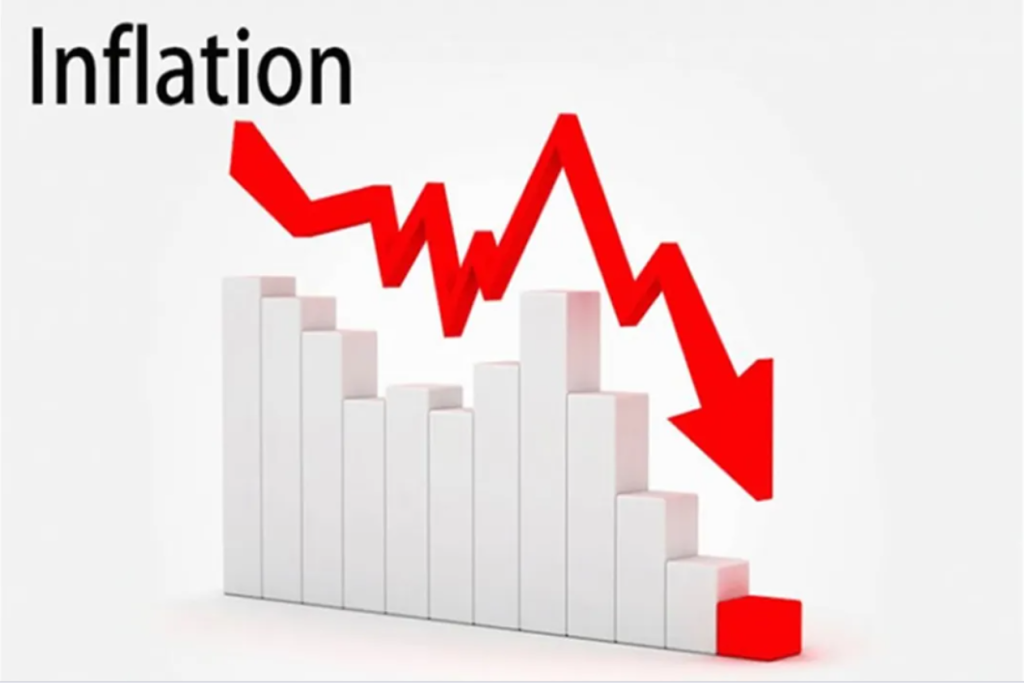Nigeria’s inflation rate has dropped significantly to 24.48% in January 2024, down from 34.80% in December 2024. This sharp decline follows the rebased Consumer Price Index (CPI) introduced by the National Bureau of Statistics (NBS).
The rebased CPI now uses 2024 as the base year and 2023 as the weight reference period, leading to a more accurate measurement of inflation.
- Urban Inflation: 26.09%
- Rural Inflation: 22.15%
- Food Inflation: 26.08% (compared to 39.84% in December 2024)
- Core Inflation: 22.59%
The Statistician General, Prince Adeyemi Adeniran, announced these figures in Abuja, explaining that the CPI measures the rate of price changes for goods and services over time. The drop in food inflation, in particular, has contributed significantly to the overall decline in inflation.
The Central Bank of Nigeria (CBN) is set to hold its first Monetary Policy Committee (MPC) meeting for 2025 on February 19-20. This meeting will focus on strategies to keep inflation under control. In November 2024, the CBN raised interest rates to 27.50% as part of its efforts to curb rising prices.
With the inflation rate dropping, Nigerians might experience some relief in the prices of essential goods and services. However, economic experts caution that continuous monitoring and effective policies will be necessary to sustain this trend.
The rebased CPI is expected to provide a clearer picture of inflation trends, helping policymakers, businesses, and consumers make more informed financial decisions.







